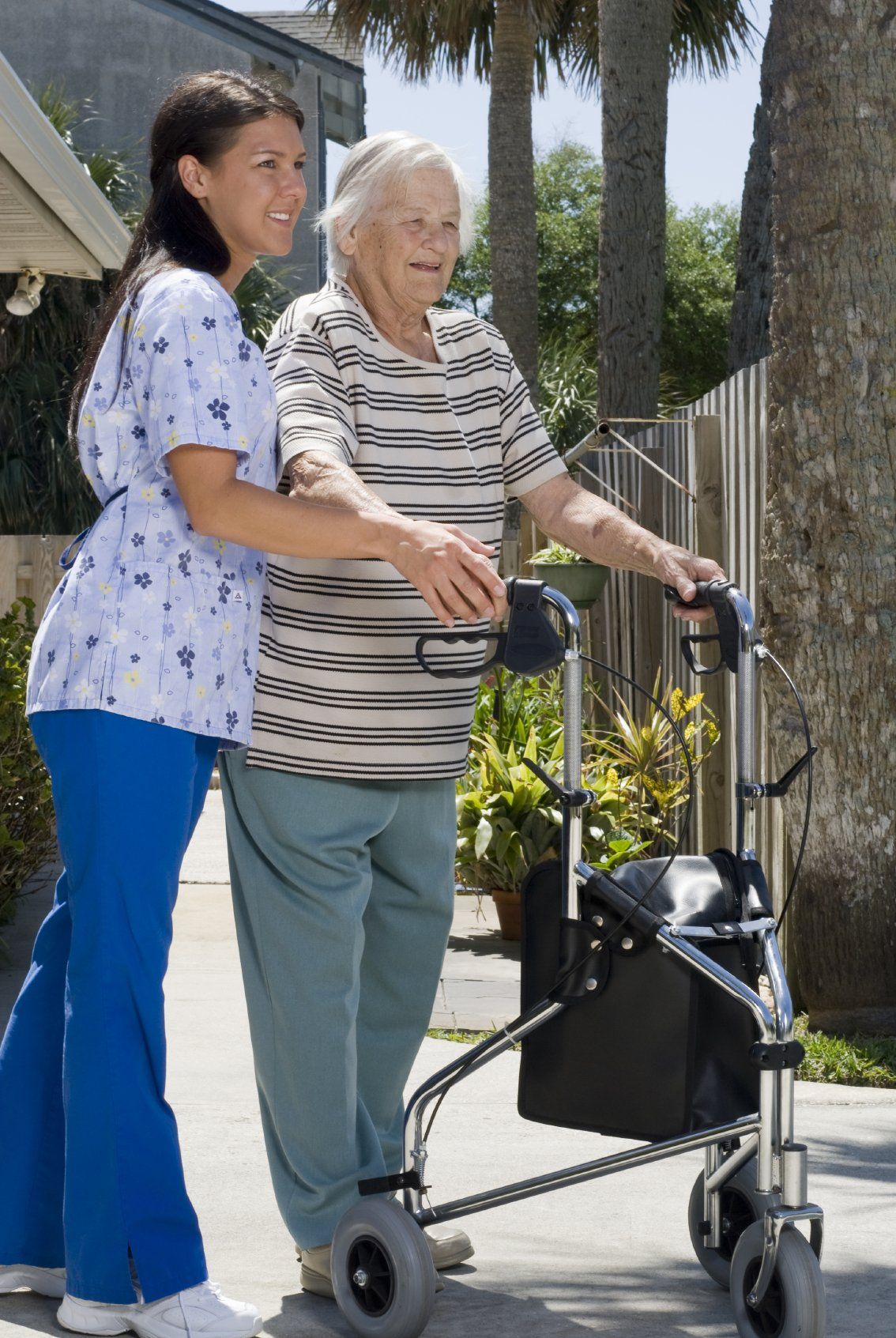Stroke
A stroke, sometimes called brain attack, happens when blood supply to specific areas or parts of the brain is interrupted due to blocked or ruptured blood vessels. This prevents vital nutrients and oxygen reaching the brain causing severe damage to brain cells. This results in loss of function in the areas directly affected by the stroke due to tissue death; as well as the surrounding areas due to swelling and inflammation.
Stroke usually results in:
- Sudden paralysis or weakness of the face, arm or leg.
- Numbness and loss or reduced sensation.
- Eyesight problems, for example problems with visual field.
- Problems with speech and disturbed ability to communicate or understand others.
- Sudden headaches and/or dizziness
- Disturbed coordination and/or balance and difficulty walking.
Recovery after stroke varies depending on which areas have been affected and the extent by which they have been affected. The brain tries to fix, repair and heal following a stroke. Recovery takes time and requires motivation and determination, and is usually reinforced by practice and repetition of movements and activities.
Most of the recovery happens in the early months after a stroke, although improvement and changes can still happen later on (many months or even years after your stroke). Stroke can affect the muscles in your face, trunk upper and lower limbs on one or both sides. It can also affect the sensation and the ability of the brain to coordinate different muscle groups to produce accurate movement. This will significantly affect the way you maintain your balance or walk. The nature of movement and balance problems following a stroke depends on the specific area of the brain that was and the extent of damage to brain cells. Our experts have specialist training in neurological rehab and complex movement disorders.
All clinicians have special training on advanced neuro-therapeutic techniques, including motor relearning and Bobath neurorehab approaches. A thorough assessment will be carried out to identify the main underlying problems impacting on function, balance and mobility. Subsequently, we would be able to discuss interventions, approaches and education that can address these problems.
Our experts will be able to help you with problems related to:
- Muscle weakness
- Stiffness and tightness
- Walking abnormalities
- Disturbed balance
- Cramps and spasms
- Problems with transfers
- Problems with bed mobility
- Advice regarding washing and dressing
- Lack of coordination
- Poor posture
- Numbness and sensory disturbances
- Vocational rehab and return to work advice
- Problems with facial muscles
- Memory disturbance and cognitive problems
For further information please Contact us

Woolpit & Stowmarket Physio
The Woolpit & Stowmarket Clinics are specialist physiotherapy & acupuncture clinics, established in 1992.
Our qualified and experienced team provide sports therapy, physiotherapy, occupational therapy and a range of other treatments. Drawing upon our extensive experience in both the NHS and private practice, we are members of The Health & Care Professions Council, Chartered Society of Physiotherapy and the Acupuncture Society of Chartered Physiotherapists.
Where to Find Us
Copyright © All Rights Reserved.

